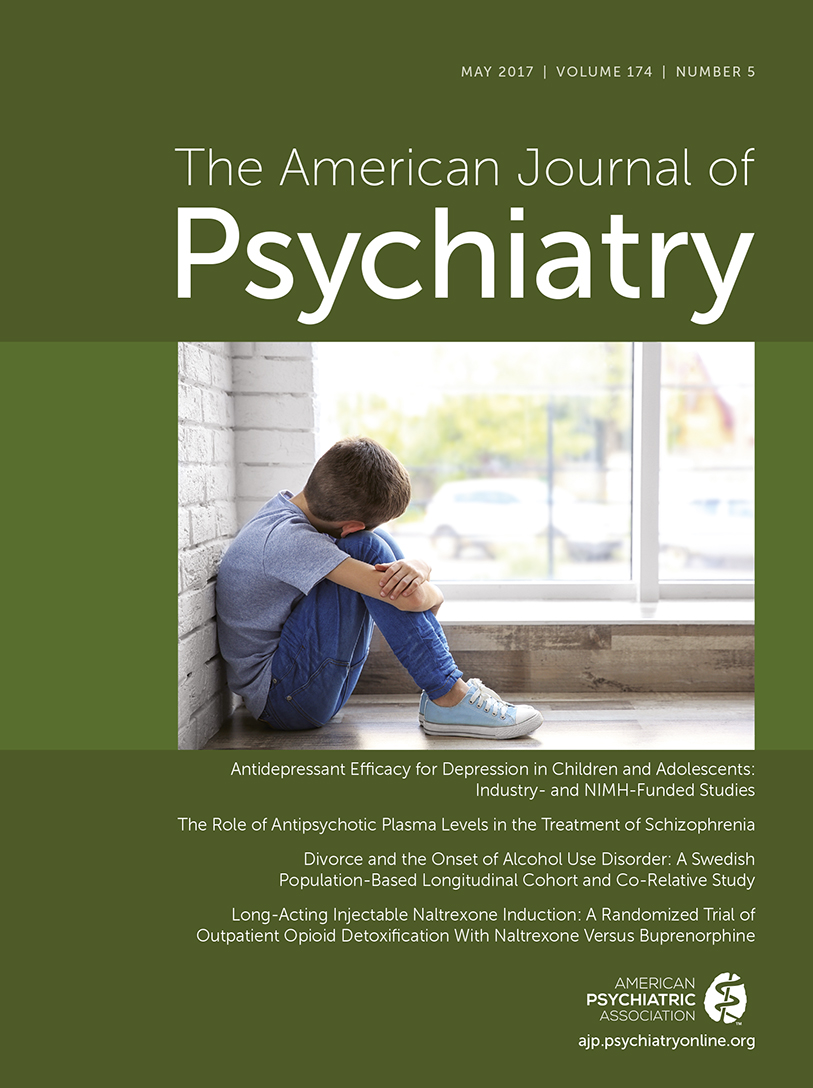Norepinephrine Transporter Gene Variants and Remission From Depression With Venlafaxine Treatment in Older Adults
Abstract
Objective:
The primary objective of this study was to investigate five putatively functional variants of the norepinephrine transporter (SLC6A2, NET) and serotonin transporter (SLC6A4, SERT) genes and remission in depressed older adults treated with venlafaxine. A secondary objective was to analyze 17 other variants in serotonergic system genes (HTR1A, HTR2A, HTR1B, HTR2C, TPH1, TPH2) potentially involved in the mechanism of action of venlafaxine.
Method:
The sample included 350 adults age 60 or older with DSM-IV-defined major depressive disorder and a score of at least 15 on the Montgomery-Åsberg Depression Rating Scale (MADRS). Participants received protocolized treatment with open-label venlafaxine, up to 300 mg/day for approximately 12 weeks, as part of a three-site clinical trial. Each individual was genotyped for 22 polymorphisms in eight genes, which were tested for association with venlafaxine remission (a MADRS score ≤10) and changes in MADRS score during treatment.
Results:
After adjusting for multiple comparisons, NET variant rs2242446 (T-182C) was significantly associated with remission (odds ratio=1.66, 95% CI=1.13, 2.42). Individuals with the rs2242446 C/C genotype were more likely to remit (73.1%) than those with either the C/T (51.8%) or the T/T genotype (47.3%). Individuals with the C/C genotype also had a shorter time to remission than those with the C/T or T/T genotypes and had a greater percentage change in MADRS score from baseline to end of treatment (up to week 12).
Conclusions:
NET rs2242446/T-182C may serve as a biomarker to predict the likelihood of remission with venlafaxine in older adults with major depression. These findings may help to optimize antidepressant outcomes in older adults.



